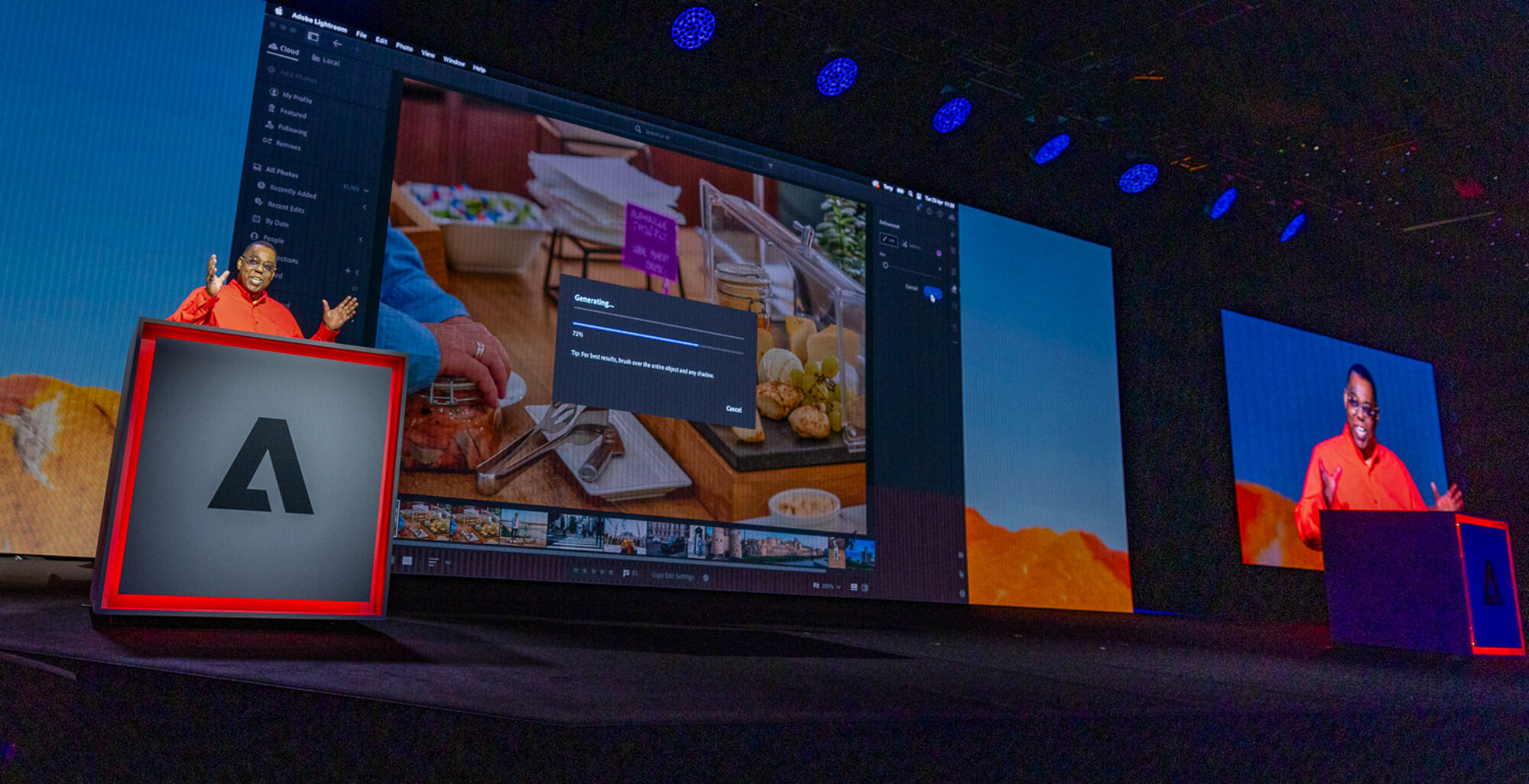What Makes the Best tech blog Stand Out Among Tech Fanatics and Specialists
What Makes the Best tech blog Stand Out Among Tech Fanatics and Specialists
Blog Article
Exactly How Blockchain Technology Is Revolutionizing Data Security
Blockchain technology is fundamentally altering the landscape of information protection by presenting a decentralized framework that assures improved transparency and durability. Unlike traditional systems, which rely upon centralized information databases, blockchain distributes data throughout a network, lessening susceptabilities and single points of failing. Using innovative cryptographic methods makes certain that data remains tamper-proof, cultivating count on among stakeholders and individuals. As sectors quickly adjust to this technology, concerns arise concerning its more comprehensive influence and prospective challenges. What ramifications does this change hold for future information defense methods and regulatory frameworks? The answers might surprise you (Best tech blog).
The Fundamentals of Blockchain
Blockchain technology, a revolutionary concept in electronic information administration, essentially changes exactly how information is stored and secured. At its core, a blockchain is a dispersed journal that videotapes transactions throughout a network of computers, making certain transparency and immutability. The technology runs on a chain of blocks, each containing a checklist of transactions. As soon as a block is loaded, it is time-stamped and linked to the previous block, producing a sequential chain.
Key to understanding blockchain is the hashing process, which encrypts deal information right into a distinct alphanumeric code. This cryptographic function makes certain that any modification in the deal information leads to an entirely different hash, consequently securing versus tampering. The agreement device, another important component, confirms and validates brand-new deals with a network of nodes, thus eliminating the demand for a central authority.
In addition, blockchain's append-only structure makes sure that information, when added, can not be erased or changed. This particular guarantees a long-term and proven document of transactions, promoting count on among participants. Because of this, blockchain provides a robust framework for data honesty, offering markets a reliable method for tracking and managing digital info in a secure, clear manner.
Decentralization and Security
Decentralization, a core principle of blockchain modern technology, substantially enhances data safety by dispersing control across a network rather than relying on a singular, centralized entity. By dispersing data across countless nodes, blockchain ensures that even if one node is endangered, the whole network remains protected.

Moreover, decentralization empowers customers with higher control over their information. Each individual in the network has access to the whole blockchain, permitting them to verify and investigate transactions separately. This transparency cultivates trust fund amongst customers, as they do not have to count on a main authority to ensure data honesty. In general, decentralization contributes in enhancing data safety and security in blockchain networks.

Cryptographic Strategies
At the heart of blockchain innovation, cryptographic methods play a crucial duty in securing data, ensuring both privacy and stability. Cryptography in blockchain utilizes a mix of symmetrical and uneven important site formulas to encrypt data, making it available only to accredited parties.
Hash functions are another crucial part, changing input information right into a fixed-size string of personalities, properly developing an one-of-a-kind electronic fingerprint for each and every block. This makes certain that any kind of attempt to change the data will lead to a completely different hash, hence preserving the immutability of the blockchain. Additionally, electronic signatures confirm the authenticity and integrity of deals, supplying a layer of non-repudiation.
The decentralized nature of blockchain, incorporated with durable cryptographic strategies, removes the need for intermediaries, minimizing possible vulnerabilities. As blockchain modern technology evolves, innovations in cryptography such as zero-knowledge proofs and homomorphic security remain to enhance protection actions, additionally strengthening information security in this revolutionary digital ledger system.
Usage Situations Across Industries

In the medical care industry, blockchain makes sure the secure storage and sharing of client records, advertising interoperability while securing sensitive information from unapproved accessibility. This innovation encourages patients with control over their medical background and assists in smooth control amongst doctor.
Supply chain monitoring advantages considerably from blockchain's immutable ledger, which guarantees traceability and authenticity of products from beginning to customer. By boosting transparency, blockchain assists minimize problems such as counterfeiting and dishonest sourcing.
In addition, blockchain's decentralized nature is reshaping the power sector by enabling peer-to-peer energy trading, where consumers can get and sell excess sustainable energy straight. This cultivates a more efficient and lasting energy community.
In the world of intellectual residential or commercial property, blockchain supplies a tamper-proof platform for creators to sign up and secure their works, making certain rightful attribution and reasonable compensation. These varied use instances highlight blockchain's look at this now duty as a crucial force in redefining data security throughout industries.
Future of Information Security
As we aim to the future of information defense, blockchain technology is poised to play a pivotal role in securing electronic information. With its decentralized and immutable features, blockchain supplies a robust framework for securing sensitive data versus unapproved gain access to and cyber hazards. This innovation makes sure that when information is tape-recorded, it is virtually difficult to alter without detection, therefore offering a substantial benefit over traditional information storage techniques.
The assimilation of blockchain with various other sophisticated technologies, such as expert system and the Web of Points (IoT), is anticipated to boost data protection approaches further. By leveraging smart contracts, companies can implement and automate security protocols, decreasing human mistake and raising performance. In addition, blockchain's capacity to provide transparent and traceable deals click here for more info will reinforce count on and accountability in information management techniques.
As governing landscapes advance, blockchain's compliance-friendly nature will become increasingly pertinent. It can assist organizations meet stringent information security regulations, such as the General Information Security Policy (GDPR) and the California Consumer Personal Privacy Act (CCPA), by giving proven records of data processing tasks. Inevitably, blockchain's special characteristics position it as a transformative tool in the recurring mission to secure the digital world versus ever-evolving cyber risks.
Verdict
Blockchain technology stands for a paradigm change in data protection by leveraging decentralization and cryptographic strategies to boost transparency, count on, and information honesty. As cyber threats progress, blockchain arises as an important device for durable information protection across different industries.
Blockchain technology is basically altering the landscape of information security by introducing a decentralized structure that guarantees improved openness and durability. Unlike typical systems, which depend on central data repositories, blockchain distributes data throughout a network, reducing susceptabilities and single points of failure.Decentralization, a core principle of blockchain technology, considerably boosts information security by dispersing control across a network rather than depending on a particular, central entity.At the heart of blockchain technology, cryptographic methods play an essential duty in guarding information, making sure both discretion and honesty.Blockchain innovation represents a standard change in information protection by leveraging decentralization and cryptographic techniques to boost openness, depend on, and information honesty.
Report this page